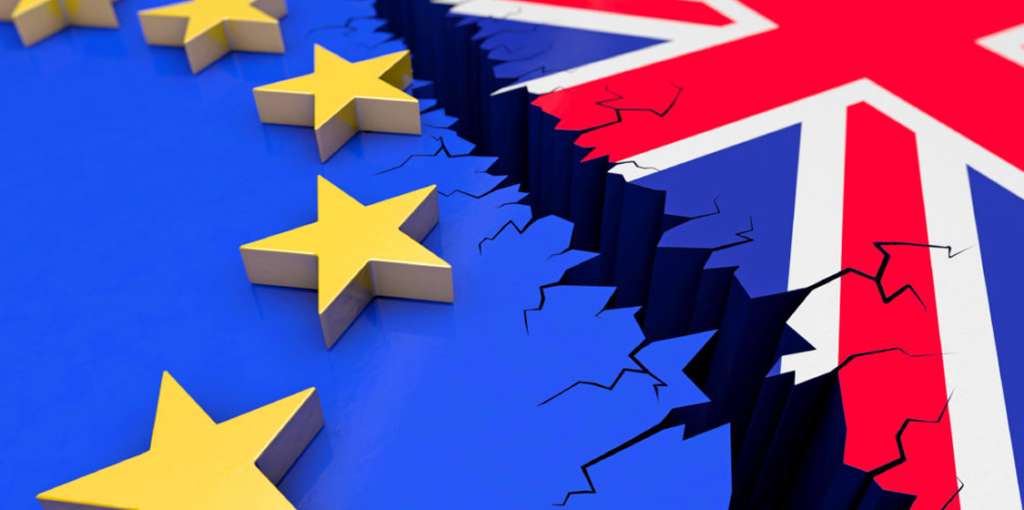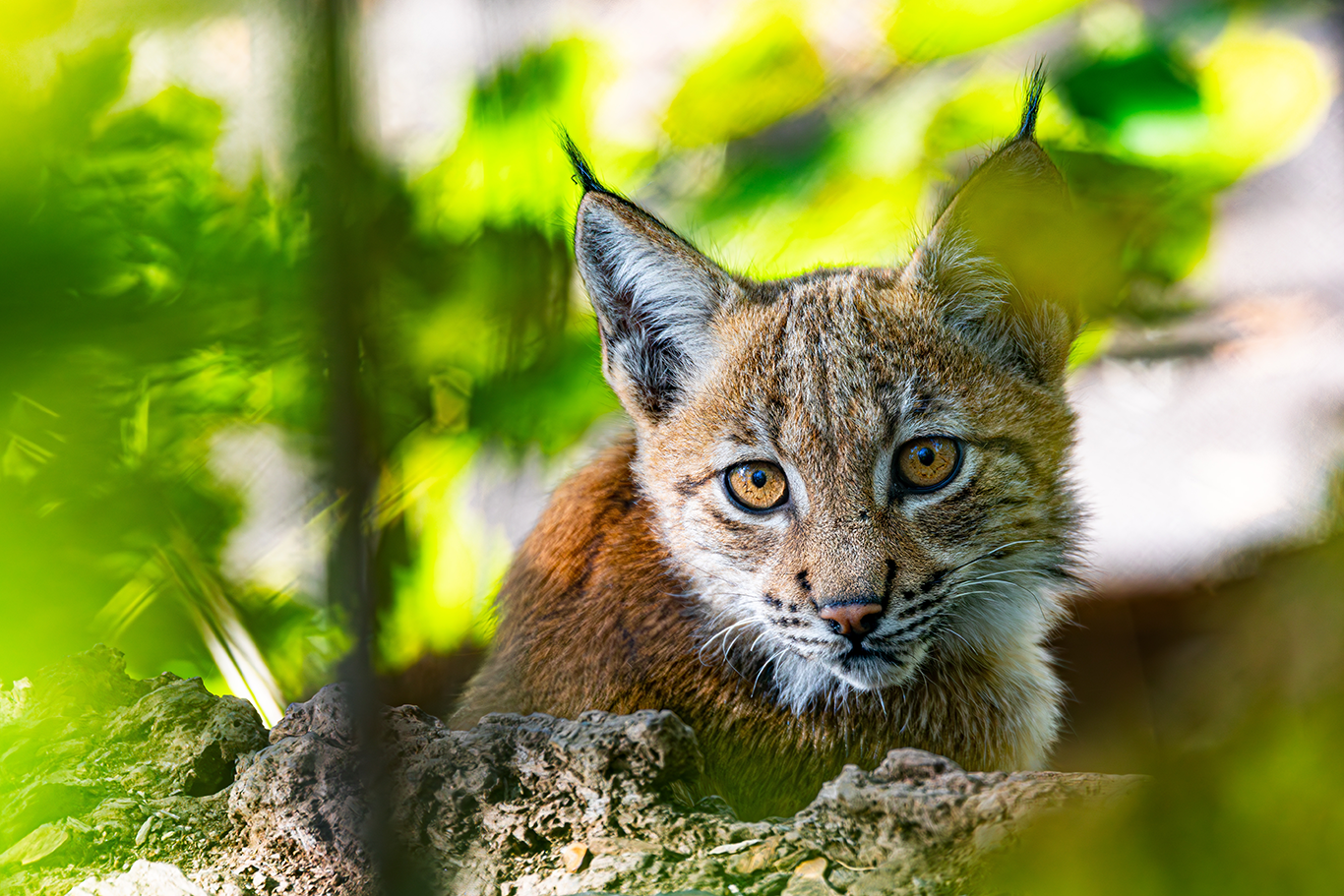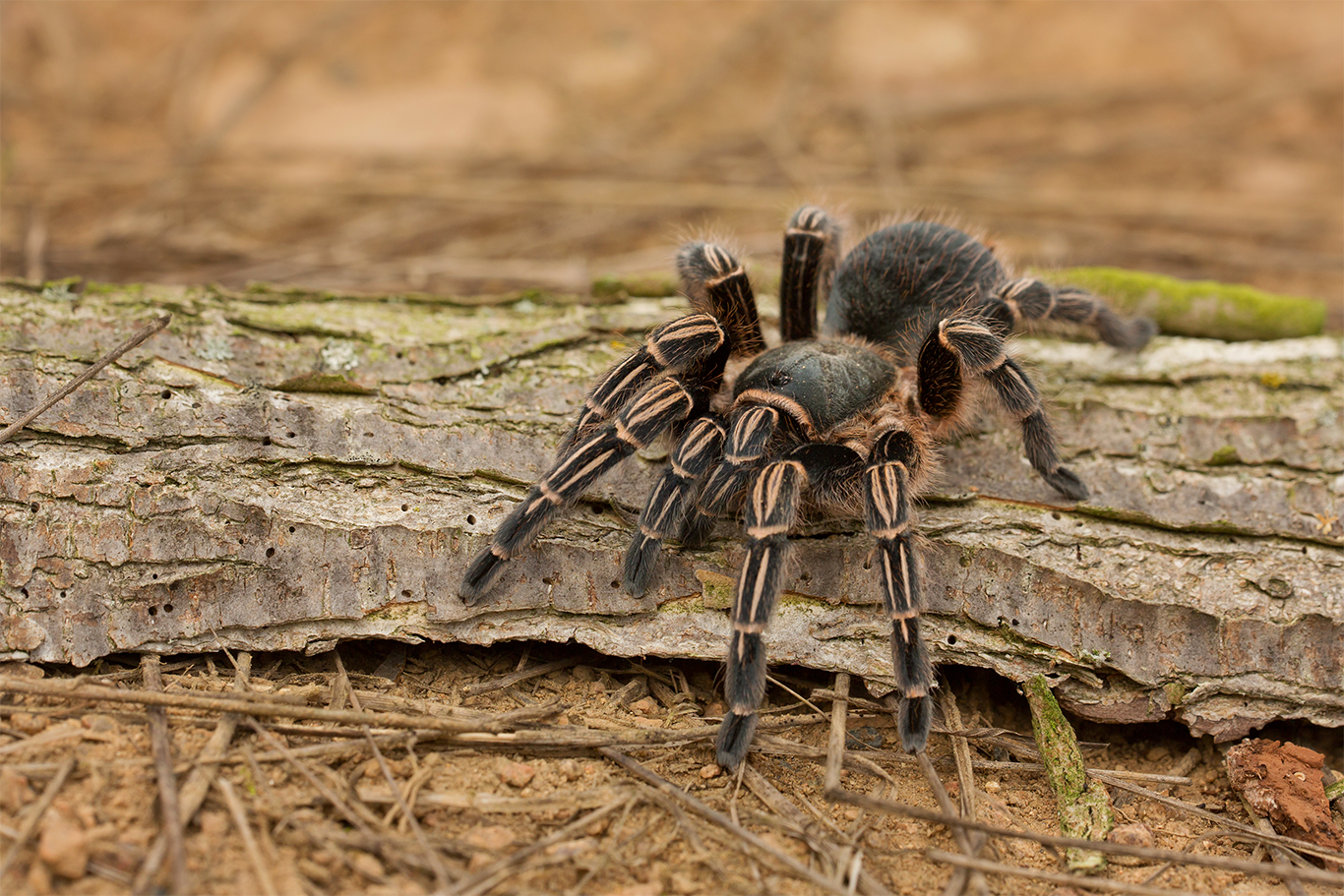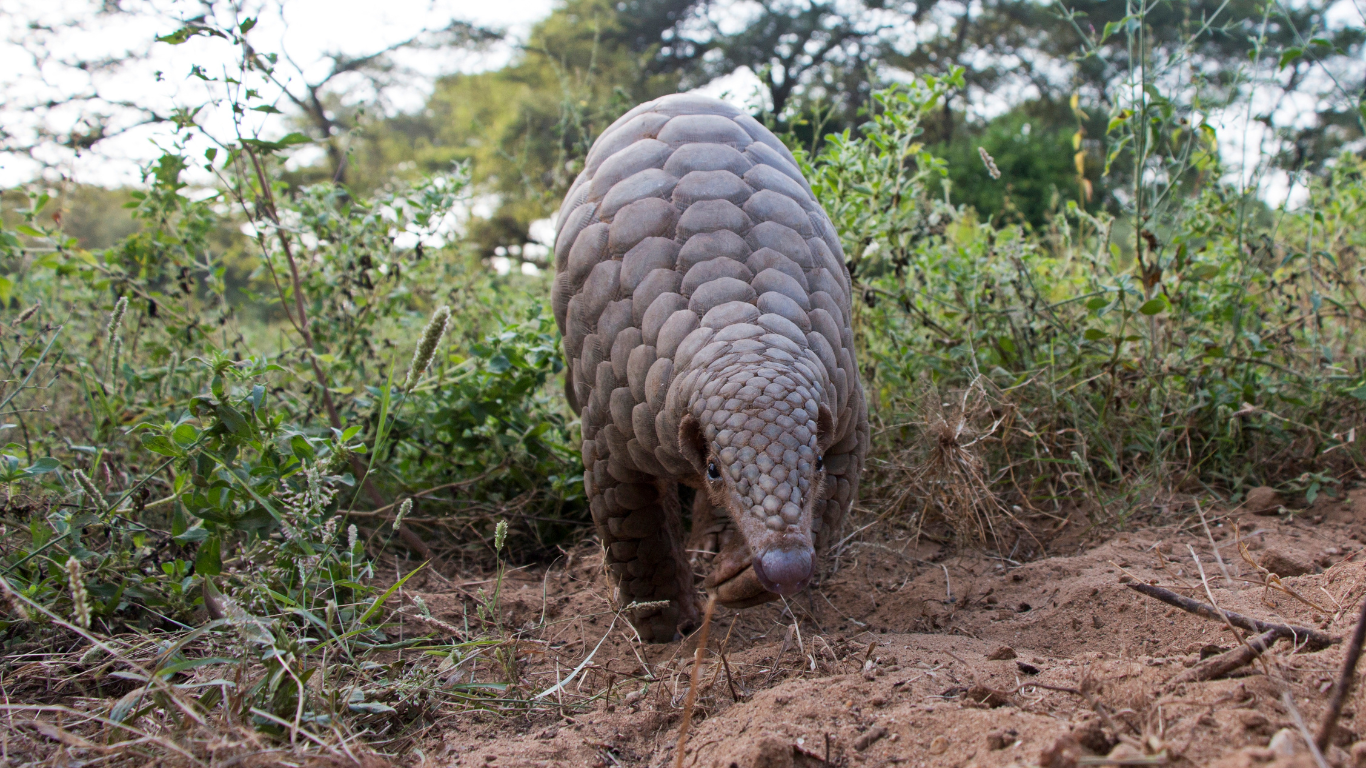Whatever the outcome, of the current debate on Brexit, the UK leaving the EU will have profound implications for Animal Welfare. The UK has a proud record on this, particularly under Tony Blair’s Labour government which introduced the ground-breaking Animal Welfare Act and banned the cruelty of hunting with hounds. It should not be forgotten however that 80% of Farm Animal Welfare comes from the EU and EU legislation protects wild animals through the Habitat and Birds Directive. EU law also allows the movement of companion animals across the Channel and EU borders through Pet Passports. It is unclear whether any of this legislation will continue to apply and what can and can’t be done post Brexit.
There have been some assurances, but no action, given by people such as the Secretary of State for Environment Food and Rural Affairs, but little comment from the Home Office responsible for domestic animals, or the Treasury, while the Trade Minister has made it clear he is against current EU bans on hormone treated beef, chlorine washed chickens or intensive animal production because the US would want these removed as the price of a post Brexit trade deal. The EU Lisbon Treaty defines all animals as ‘sentient,’ the first time this has been written in law. Angering parliament, UK government ministers have proved reluctant to give assurances this would be transposed into UK law. The present government was also half-hearted about EU proposals to ban ivory sales. It doesn’t give much confidence they will be taking a lead position on these issues post Brexit.
In theory, not being bound by the Common Agricultural Policy rules could allow the UK to switch current farm subsidies to more environmentally friendly and improved animal welfare farming methods, that is if the Treasury doesn’t simply channel those funds off for itself, which it would be only too happy to do.
The UK led the way on farm animal welfare with the ban on such things as pig stalls and tethers, barren battery cages and veal crates. At the time, UK farmers complained it would put them at a commercial disadvantage relating to EU competition, but as an EU member the UK could and did seek allies to propose these rules apply to all EU member states. Farmers will continue to use these arguments, but now the UK will no longer have the influence to ensure the same rules apply to all members ensuring a level playing field and enhancing animal welfare. It is inevitable improved new welfare standards will be strongly resisted by vested interests. The present government has already shown its intentions on this by trying to stop EU measures to ban harmful pesticides linked to devastating bee populations because farmers were against it. It further suggests a post-Brexit future is not going to be about strengthening or improving environmental or welfare legislation.
With strong UK support the EU closed all its markets off to seal fur products. Post-Brexit and desperate for new trade deals, will the UK succumb to pressure from countries like Canada, which encourages sealing, as the price for a deal? There is little doubt countries in negotiation will have their own agenda and it is likely to be pretty unASIatable in parts. Will the UK dare criticise countries like Japan over its stance on whaling when they are desperate for a trade deal. Will the UK dare ban the trade in animal trophies when talking to countries like South Africa?
What is of most concern is that those people who are most enthusiastic about Brexit are also most keen on what they call deregulation, rules and regulations they claim can be swept away post-Brexit to enable new trade deals. When pressed what they mean by this is clear that animal welfare rules and legislation are amongst those seen as a trade barrier rather than an essential part of a civilised society.
What is very clear is that there are threats to animal welfare post-Brexit. It underlines how important it is to support organisations like the Animal Survival International, which have knowledge of government structures and the ability to monitor, advocate and alert its supporter base about developments. In such uncertain and confused times, the need to ensure animal welfare is not pushed aside by accident or intent has never been more important.





